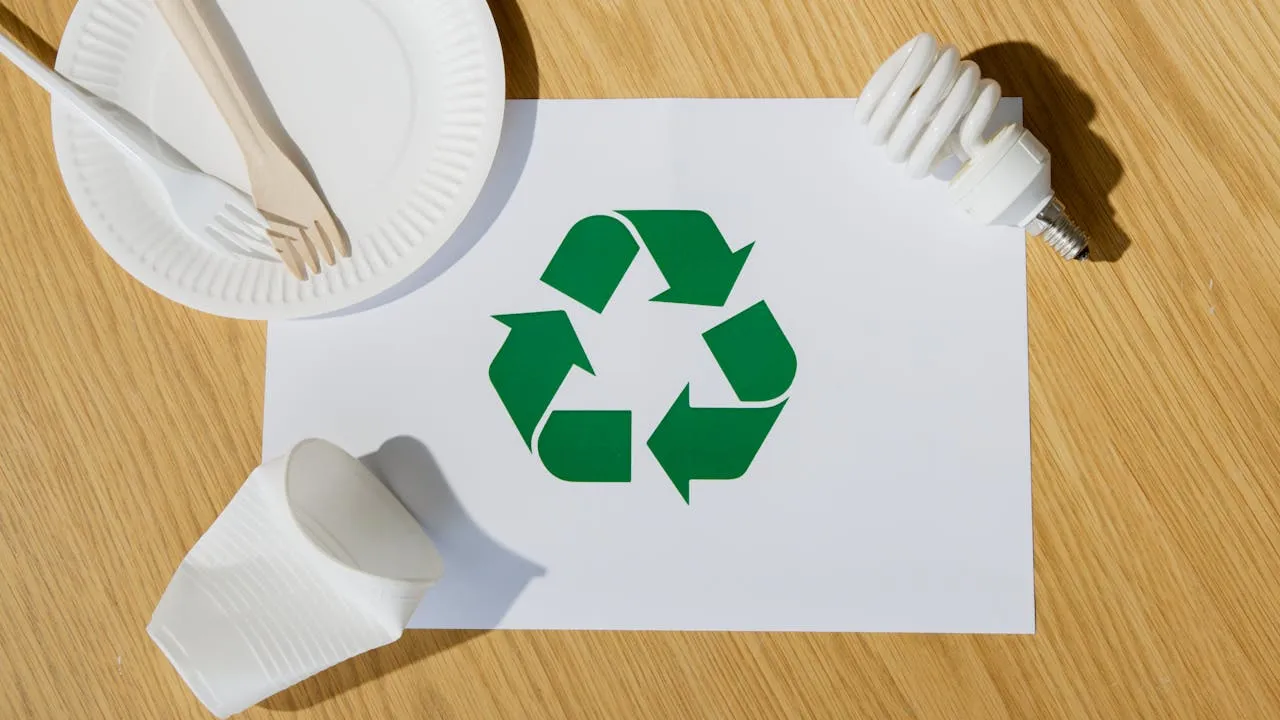
Saudi Arabia Biodegradable Plastic Market Poised for Strong Growth Through 2033
The Saudi Arabia biodegradable plastic market is set for a period of robust expansion, with projections indicating that it will grow from US$ 78.65 million in 2024 to US$ 221.98 million by 2033, registering an impressive compound annual growth rate (CAGR) of 12.22% between 2025 and 2033. This trajectory reflects not only the increasing global urgency to address environmental issues but also Saudi Arabia’s own strategic push toward sustainability and reduced reliance on conventional plastics.
The Kingdom’s biodegradable plastics industry is being fueled by a combination of factors, including environmental awareness, government policies, industrial demand, and consumer preference shifts. At its core, the market’s rapid expansion stems from the growing realization that single-use plastics pose a critical threat to ecosystems and public health.
Urban Hubs Drive Market Demand
Much of the demand for biodegradable plastics is concentrated in major Saudi cities such as Riyadh, Jeddah, and Dammam. These urban centers represent hubs of industrial activity, consumer markets, and government-backed sustainability initiatives. In such regions, a growing population, coupled with rising consumption, makes the adoption of eco-friendly materials a pressing necessity.
Government programs and private-sector investments are also more active in these cities, leading to stronger infrastructure for manufacturing, logistics, and product distribution. This concentration of activity is gradually creating an ecosystem where biodegradable plastics are not only produced but also integrated into everyday applications across packaging, agriculture, and consumer goods.
Market Transformation and Sustainability Goals
Saudi Arabia’s biodegradable plastics sector is undergoing a gradual yet transformative shift. The country is increasingly aligning itself with global sustainability trends, while also embedding environmental priorities into its own economic diversification agenda, such as Vision 2030.
Rising concerns over plastic waste and pollution are prompting industries and consumers alike to seek sustainable alternatives. Sectors such as food packaging, agriculture, and consumer goods are at the forefront of this transition, demanding materials that meet both regulatory requirements and consumer expectations for green solutions.
This growing demand is driving innovation in material science and manufacturing. Producers are experimenting with new feedstocks, advanced polymerization techniques, and scalable production models. As a result, biodegradable plastics in Saudi Arabia are now available in a wider variety of applications, ranging from packaging films and bags to agricultural mulch films and compostable consumer goods.
Regulatory Support Strengthens Adoption
Government policy is a critical factor shaping the market. Saudi authorities have been tightening regulations on single-use plastics and promoting alternatives through standards, certifications, and incentives. These measures ensure that products labeled as biodegradable meet rigorous environmental and performance requirements, protecting consumers while building market trust.
Alongside restrictions on traditional plastics, the government is pushing for circular economy principles, where waste is minimized and resources are reused or recycled. By supporting recycling initiatives, sustainable waste management practices, and academic research collaborations, Saudi Arabia is laying the groundwork for a long-term biodegradable plastics industry that aligns with international sustainability commitments.
Key Growth Drivers
- Sustainability and Environmental Awareness
Growing global awareness of plastic pollution and its health consequences is mirrored in Saudi Arabia. Public education, corporate responsibility campaigns, and government outreach have all raised awareness about the need for sustainable solutions. Vision 2030 initiatives emphasize cutting waste and improving resource efficiency, making biodegradable plastics a clear fit for the national sustainability agenda. - Government Regulations and Incentives
Regulatory action remains one of the strongest forces behind adoption. Restrictions on single-use plastics, coupled with incentives for companies that use eco-friendly alternatives, are accelerating the transition. Certification programs also provide assurance about biodegradability standards, further boosting confidence among businesses and consumers. - Rising Demand from Packaging and Agriculture
The packaging industry, particularly food and retail packaging, has emerged as a major driver of biodegradable plastic adoption. With consumers increasingly demanding eco-friendly packaging, biodegradable alternatives are gaining ground. Similarly, in agriculture, products such as biodegradable mulch films and plant pots reduce soil contamination while supporting crop yield efficiency. These practical applications demonstrate clear advantages over conventional plastics.
Ongoing Challenges
Despite its growth potential, the biodegradable plastics market in Saudi Arabia faces challenges:
- High Production Costs: Manufacturing biodegradable plastics remains more expensive than producing traditional plastics, limiting competitiveness.
- Limited Composting Infrastructure: Without widespread industrial composting and waste-processing facilities, the end-of-life management of biodegradable products is constrained.
- Consumer Awareness Gaps: Many consumers remain unaware of proper disposal practices for biodegradable plastics. This lack of knowledge risks undermining their environmental benefits if products end up in traditional waste streams.
- Regulatory Complexity: Navigating evolving regulatory requirements and achieving certifications can be both time-consuming and costly, particularly for smaller firms or new entrants.
Overcoming these barriers will require sustained investment, innovation, and collaborative policy efforts. Education campaigns and expanded infrastructure for waste processing will also play critical roles in accelerating adoption.
Key Industry Players
Several international and regional players are shaping the competitive landscape of Saudi Arabia’s biodegradable plastics market. These include:
- Total Corbion
- Mitsubishi Chemical Holding Corporation
- Toray Industries
- BASF SE
- Green Dot Bioplastics
- Amcor Limited
These companies are actively pursuing strategic partnerships, product innovation, and capacity expansion to capture growing demand in the region. Their investments in R&D and market presence are expected to further strengthen Saudi Arabia’s biodegradable plastics ecosystem.




